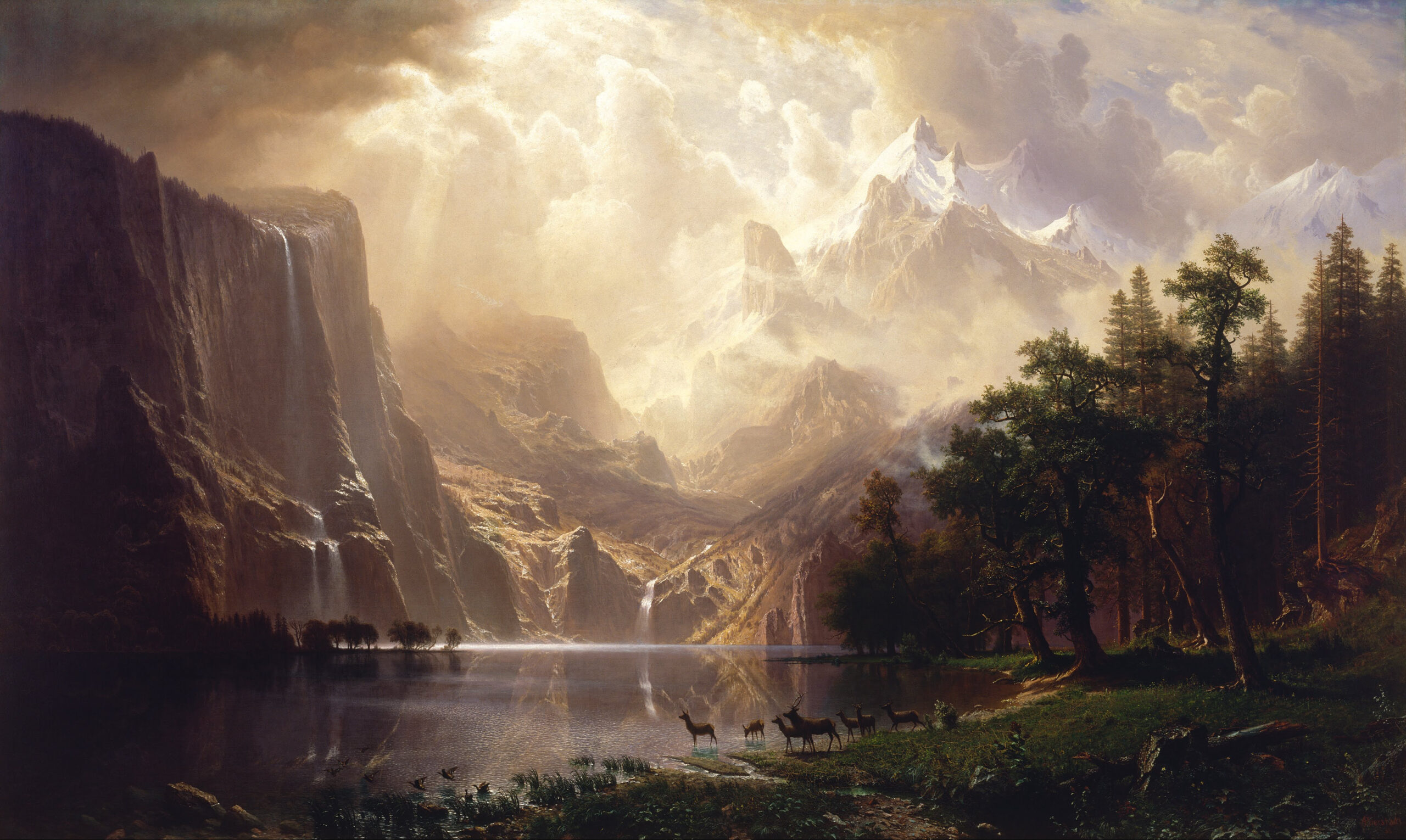Timothy Sandefur
Caton Institute 2022, 504 p.
Author Timothy Sandefur has written an in-depth and comprehensive book on 20th century American politics and literature with a focus on the first 50 years of the century and three authors from that period. The authors are not just anyone, but some of America’s most important libertarian thinkers, Isabel Paterson, Rose Wilder Lane and Ayn Rand. The latter hardly needs an introduction.
The book is also an idea-historical review whose literary currents characterized the country during the two world wars. To say that America changed rapidly during this period is an understatement both culturally and intellectually.
The United States went from a great local power to a superpower after World War II. The former colony far from the European powers turned into a real empire, which the three authors with quite different temperaments personally experienced during their lifetime.
To say the world has changed is an understatement. Timothy Sandefur does a Herculean job of describing the many political and intellectual currents in America during this period. It is a real pleasure to read about both the economic and literary reality of the time.
The long presidency of Franklin D. Roosevelt (D) from 1933 to 1945 came to influence America in ways that no previous president had done or had the opportunity to do. The whole process of “The New Deal” has come a long way and has been quite revolutionary in terms of the reforms that have been carried out in the Americas. The background to the relatively mild revolution, which hardened considerably in Italy and Germany during the same period, is described in detail.
From a European perspective, the mention of Franklin D. Roosevelt as a dictator whom many contemporary thinkers admired for his progressive economic policies becomes quite interesting. It all depends on what you compare yourself to.
The depression, the agricultural reforms, when the gold standard was abolished and the ban on owning gold was introduced in 1934. The list could go on.
One can interpret the fact that most Americans went from colonists to subjects as part of the process of modernization that characterized the entire Western world. With the economic depression, dividing lines emerged regarding what many groups of voters saw as the task of state power. This extended state power had ambitions, which involved its own process of bureaucratization, which Friedrich Hayek and Ludwig von Mises describe in their contemporaries.
What the three authors describe in different ways, and with markedly different temperaments, is the need for a moral defense of individualism as opposed to a purely economic defense. Hence the intellectual battle that was waged with the reading public.
The economic policies adopted within the framework of the FDRdp The presidency became the starting point for several influential thinkers, and it was during this period that the three authors saw that freedom was threatened from many sides, primarily by extensive state power. The colonist’s individualism was threatened by the excessive bureaucratization of the state. Ayn Rand described it brilliantly in her “Atlas Shrugged” (1957).
The great American experience is when the individual becomes a citizen. It is primarily the somewhat more socialist concept of citizen that is targeted when state power, in its bureaucratization and transformation, sometimes becomes a form of government, which erects obstacles in the way of the free individual. .
The book is also an author’s portrait of the three leading freedom-oriented female writers of this period. Most of them have been forgotten by the often left-wing part of the feminist movement. We can speculate what it could be.
Isabel Paterson (1886-1961), born in Canada, settled early in America and was partly a “grand old lady” for the other two writers. His literary output with nine books and journalism was considerable, but is perhaps somewhat neglected today.
Rose Wilder Lane (1886-1968), who is probably best known for her Little House on the Prairie series of books where her mother was a co-author, and where portions of the family history take literary form. A largely individualistic depiction of how life in the Wild West might turn out for the Ingalls settler family in the late 19th century. For many within the libertarian movement, this has been a gateway to many other bigger issues, especially for the American public. The television series, created in 1974 and based on the same series of books, is probably for the general public what cemented his writing in popular culture.
Russian immigrant Ayn Rand (1905-1982) came to define large parts of the libertarian debate with “The Fountainhead” (1943), and was one of the original pioneers who brought the thinker Aristotle back into philosophical debate. Aristotle, whose popularity was almost obliterated in the general academic philosophical debate of the first half of the 20th century. His later side with the so-called Objectivist movement is a bit outside the subject of the book, thankfully.
Timothy Sandefur has written a stimulating and interesting account of contemporary American history. A story of a contemporary era with many angles and with an infectious joy to tell.

“Passionate pop cultureaholic. Proud bacon trailblazer. Avid analyst. Certified reader.”













